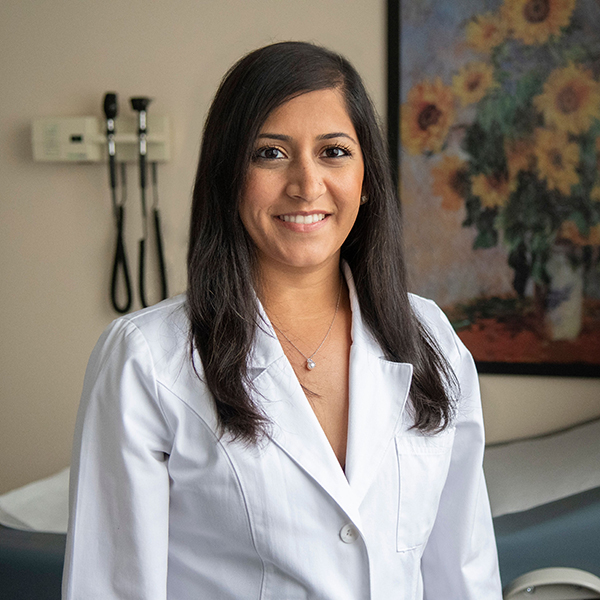Successful Transition From "Mentee" to "Mentor"

Irrespective of the career path one pursues, the transition from fellow in training (FIT) to early career cardiologist will be exciting, intimidating and unexpected. Many of us will rely on the advice of our predecessors and mentors to help formulate a career path in line with our personal goals and aspirations. Simultaneously, we will experience, perhaps for the first time, medical students and young trainees seeking our guidance in their own learning. The strength of this relationship is reliant on both individuals; however, a newly transitioning cardiologist can help ensure long-term success of the mentor/mentee relationship by embracing some simple, key principles.
What impeded a mentor/mentee relationship in your past?
Reflecting on your own experience with past attendings, mentors and key individuals in your education can help you understand what may or may not work in a new mentee/mentor relationship. Was there clear communication? Were your academic or clinical interests in line? Did you and your past mentor have the availability in your otherwise rigorous schedules to commit to success? Such questions can help one understand the type of "mentor" they wish to be when embarking on this new career role.
Understanding a trainee's aspirations and goals
A mentor has the unique opportunity to help a trainee identify and mold their own personal aspirations and goals. This can be achieved through direct discussion, clinical work or research between mentor and mentee; trainee observation of the career trajectory of an early career cardiologist; and potentially through a mentor's referral of the mentee to alternative sources (other mentors, topic-directed reading, etc.). The mentor should also make a focused effort to understand the trainee's aspirations and goals, keeping in mind that these may change as their relationship evolves and the trainee progresses through various stages of their education.
Clear communication

Clear communication is essential in any relationship, particularly one between a mentor and mentee in the rigorous field of clinical medicine. Defining short- and long-term goals and providing concise and impactful feedback are two examples of methods that can help ensure success in these relationships. This allows minimization of time lost during mentor/mentee meetings, provides clear areas of focus for both parties, and allows for identification of evolving, long-term goals.
Being "present" during meetings
A mentor and mentee should attempt to meet at regular intervals. Both formal (i.e. structured review session) and informal settings (i.e. coffee break) can be impactful if focused and clear communication are utilized. This time can be essential to explore a multitude of topics including research, clinical and exploration of success in non-medical fields (i.e. service, teaching, etc.).
Encouragement of alternative mentorship
I believe that trainees and physicians at all levels of medicine can agree that it is through interaction with multiple mentors of various backgrounds that ensures long-term success. It is thus prudent that a mentor encourages young trainees to seek outside mentorship and help foster these relationships when appropriate. Would your mentee benefit from shadowing a specialist in a different field? Does your mentee require the help of an advanced statistician in a research project? Diversification of one's professional circle can prove pivotal for both mentees and mentors alike.
Successful mentor/mentee relationships are pivotal for both individuals and can become the foundation of successful long-term careers in all areas of medicine. The utilization of key principles including self-reflection, clear and effective communication, a mutual understanding of evolving aspirations and goals, dedicated discussions, and an openness to outside mentorship can help ensure effectiveness of this symbiotic relationship.
ACC Members, discuss
this on Member Hub.
This content was developed independently from the content developed for ACC.org. This content was not reviewed by the American College of Cardiology (ACC) for medical accuracy and the content is provided on an "as is" basis. Inclusion on ACC.org does not constitute a guarantee or endorsement by the ACC and ACC makes no warranty that the content is accurate, complete or error-free. The content is not a substitute for personalized medical advice and is not intended to be used as the sole basis for making individualized medical or health-related decisions. Statements or opinions expressed in this content reflect the views of the authors and do not reflect the official policy of ACC.